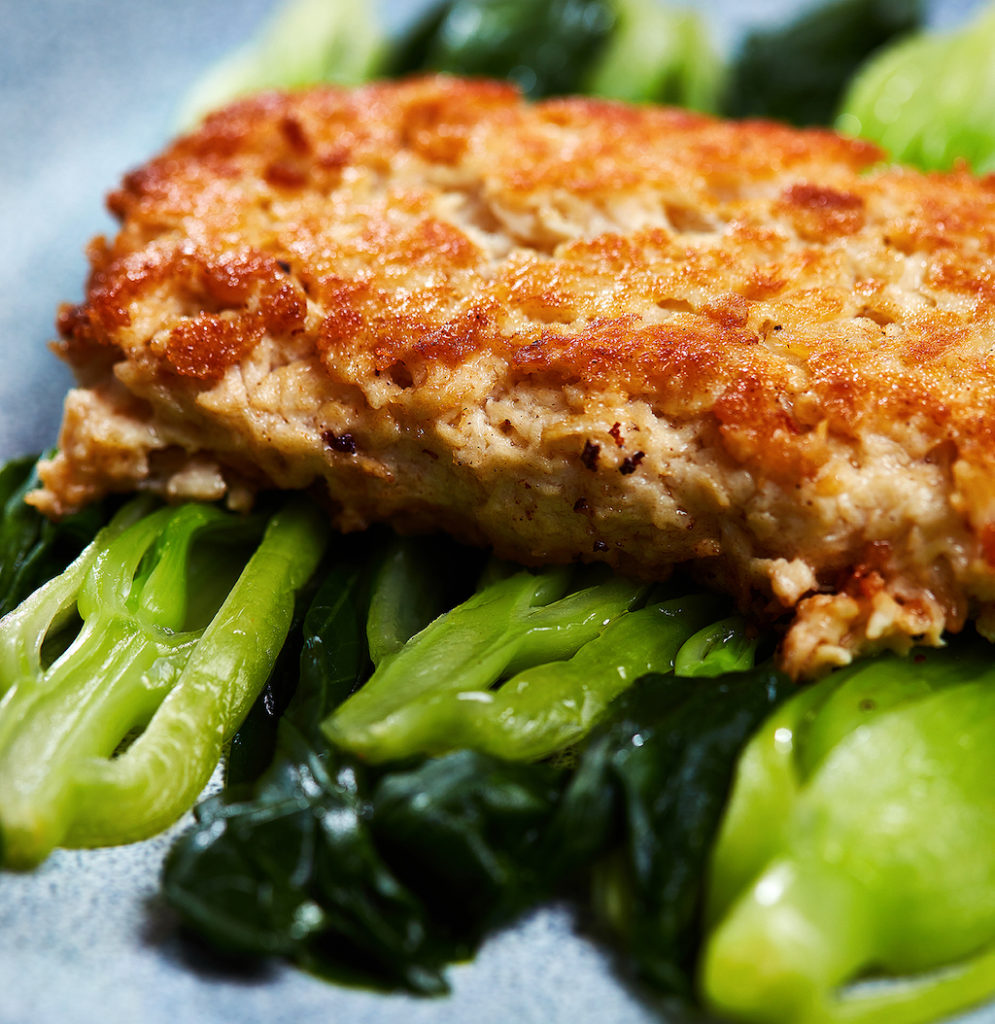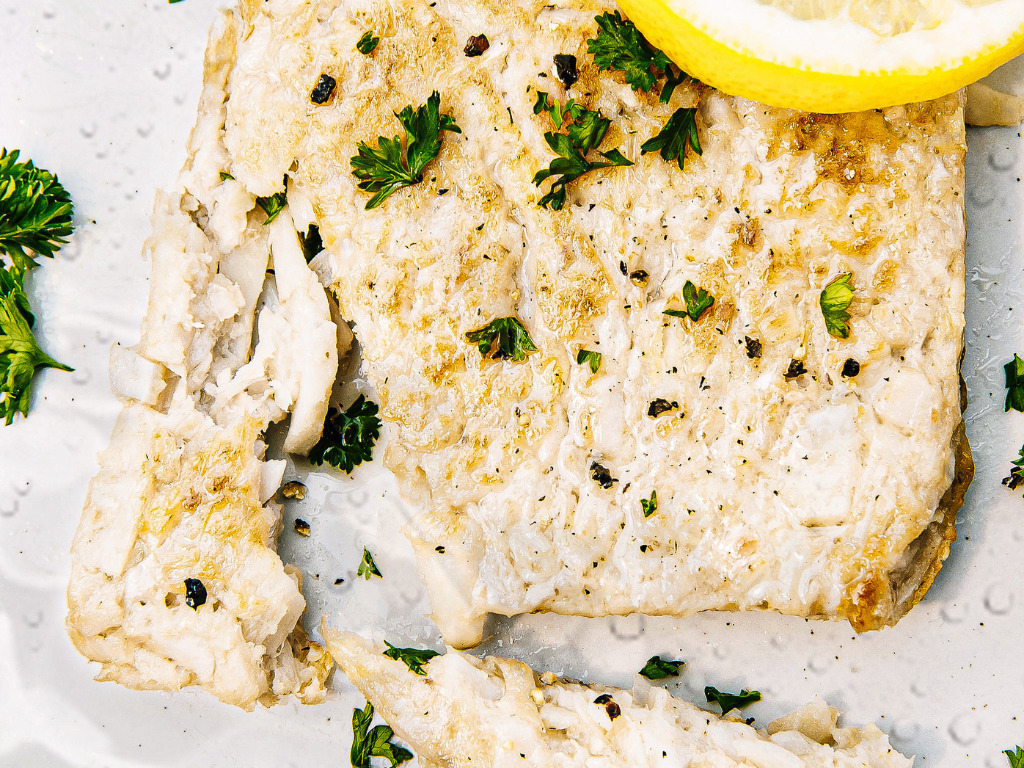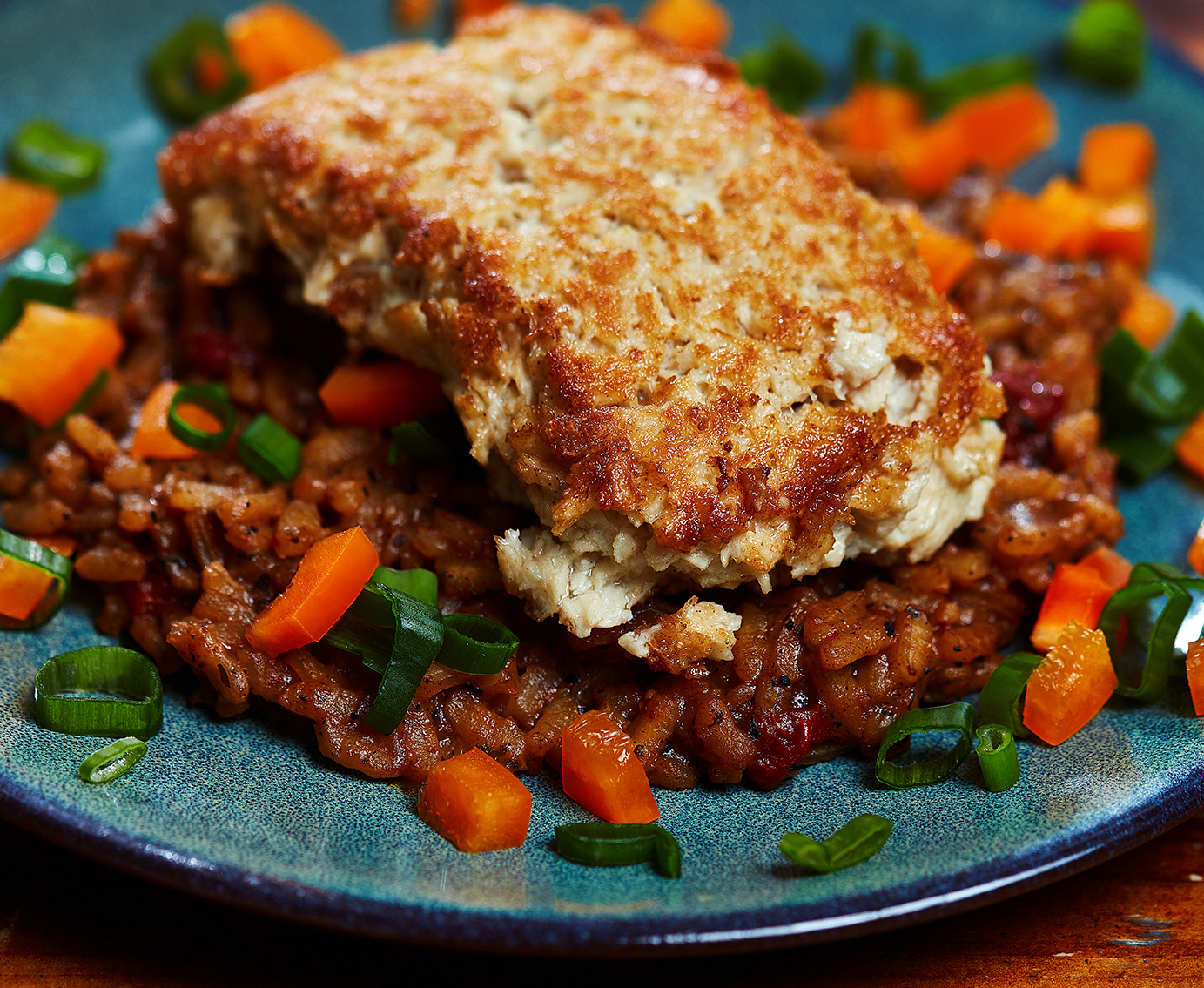4 Mins Read
Icelandic startup Loki Foods has raised a pre-seed $650,000 to develop a line of realistic and nutritional alternative seafood products, including a whole-cut, plant-based white fish fillet alternative. The company says their sustainable Atlantic cod analogue beats conventional fish meat on nutrition and cooks just like the real thing. The product also has the potential to help shift Iceland away from its domestic reliance on the fishing industry.
Loki’s confirmed investors for the funding round include Sustainable Food Ventures, MGMT Ventures, VegInvest, FoodHack, Kale United and Lifely VC. The funds will be used to make operational improvements that will allow the company to tempt consumers away from conventional seafood consumption.
Mariliis Holm, investor at Sustainable Food Ventures said of their decision to back the young company: “As the first investor in Loki Foods, we recognized a unique opportunity to build a new narrative for the future of seafood at the very heart of seafood’s global capital – Iceland. Loki Foods’ team, technology and location are truly one of a kind which allows them to produce sustainable alternative proteins in the form of seafood with completely renewable energy and pristine Icelandic water.”

Presenting Iceland’s first realistic cod analogue
So far, the startup has released scant details, other than some very encouraging product shots. Loki says they are the first Icelandic alternative seafood company and that their plant-based alternative will offer superior nutritional benefits to conventional cod.
“Loki Foods’ mission is to mature the alt-seafood market in taste, cookability, feel and nutrition so that we can attract consumers away from conventional seafood and accelerate the removal of marine life from the supply chain,” Chris McClure, Loki Foods CEO and co-founder told Green Queen.
Attention is drawn to the lack of toxins, microplastics and heavy metals, commonly found in caught seafood. The prototype fillet lays the foundation for a protein-rich final product, containing polyunsaturated fatty acids and vitamins. The company states that it will be suitable for the same preparation and cooking methodologies as regular fish.

The sustainable alternative to industrial fishing
Loki states that fishing and aquaculture are two sides of the same problem: unsustainable food production. With more than half the world’s fish stocks now considered overfished and 10 percent teetering on the edge of total collapse, moving away from marine animal protein is essential. A stumbling block to allowing fish to replenish is the continued increase in demand for seafood.
Some consider aquaculture to be a viable solution but Loki disagrees. The startup is explicit in its disapproval of biodiversity loss, discharge waste and pesticides that are all consequences of the sector. It highlights that a two-acre salmon farm produces as much waste as 10,000 people to illustrate the point.
Plant-based seafood, depending on its manufacturing processes, stands to be a far more sustainable route.
According to Holm, “the future of seafood is about tastier food that also spares our oceans and their wildlife. The Loki Fillet, a plant based cod, goes above conventional white fish in nutrition, taste, and cookability, while being climate positive.”

The rise of ultrarealistic vegan seafood
The niche of plant-based seafood analogues so realistic that consumers double-check the label is growing exponentially. Plantish started the ball rolling in January when it unveiled its indistinguishable vegan salmon fillet. The Israeli startup uses legumes and algae to 3D print whole-cut fillets that caught the attention of future consumers and investors. Two months after publishing images of its development, Plantish scooped $12.45 million in seed funding.
Also looking to replicate the mouthfeel and flavour of white fish fillets is U.K.-based Jack & Bry. The alternative protein startup has partnered with The Cornish Seaweed Company to add nutritional density and flavour to its signature ingredient, jackfruit. The result, the company claims, is a realistic flaky fish fillet that doesn’t need to be battered – potentially a first for the alternative seafood sector.
Fellow cod enthusiasts Sea & Believe are working to replace the endangered fish with a plant-based alternative. An Irish startup, it uses locally sourced seaweed to create its fishless fillets. The cod analogue is currently still in development, with a prototype unveiled to support ongoing fundraising efforts.
All photos by Loki Foods, unless stated.




